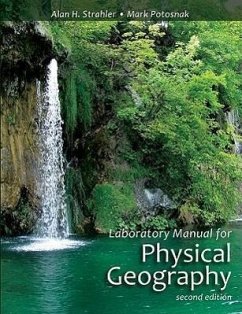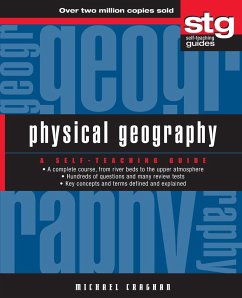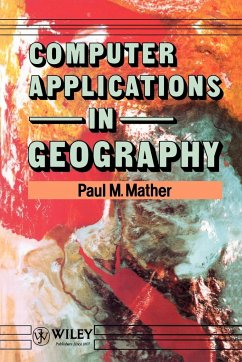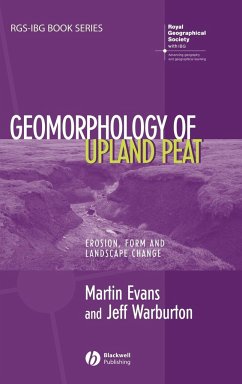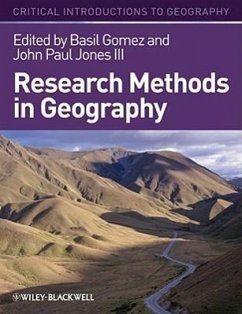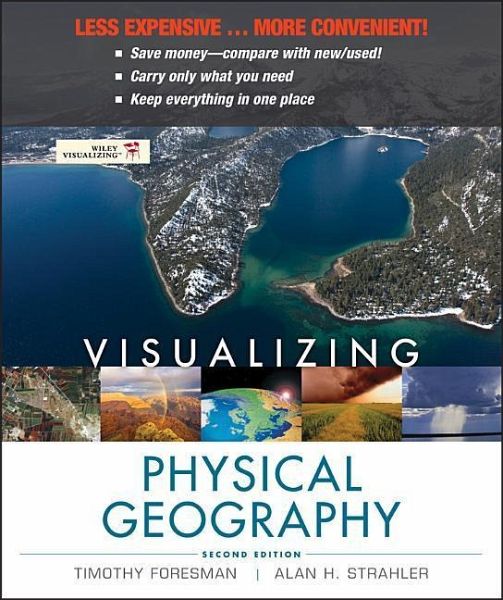
Visualizing Physical Geography
Versandkostenfrei!
Nicht lieferbar
LESS EXPENSIVE ... MORE CONVENIENT! * Save money--compare with new/used! * Carry only what you need * Keep everything in one place "Students using Wiley Visualizing show much greater increases in knowledge and skills, and have higher retention rates through the course, than their counterparts that used competing textbooks." --SEG Research, an independent research firm IMPROVING STUDENT LEARNING WITH GRAPHICALLY ENHANCED EDUCATIONAL PROGRAMS: SEG Research recently conducted a national, multi-site study of students enrolled in introductory-level college courses. The study evaluated the effective...
LESS EXPENSIVE ... MORE CONVENIENT! * Save money--compare with new/used! * Carry only what you need * Keep everything in one place "Students using Wiley Visualizing show much greater increases in knowledge and skills, and have higher retention rates through the course, than their counterparts that used competing textbooks." --SEG Research, an independent research firm IMPROVING STUDENT LEARNING WITH GRAPHICALLY ENHANCED EDUCATIONAL PROGRAMS: SEG Research recently conducted a national, multi-site study of students enrolled in introductory-level college courses. The study evaluated the effectiveness of Wiley Visualizing, an educational program designed to better engage students, increase retention, and improve student learning by use of a pedagogy in which meaningful visuals and multimedia are integrated with the text. The findings, rare for this kind of education research, indicate that students using Wiley Visualizing, including both print and online resources, made significantly greater gains in content area knowledge and skills and had higher retention over the course of the semester when compared to students in classes using competing textbooks and accompanying multimedia (SEG Research, 2010)*. Wiley Visualizing supports faculty and promotes student engagement by facilitating comprehension leading to increased retention. LEARNING THROUGH VISUALIZING




